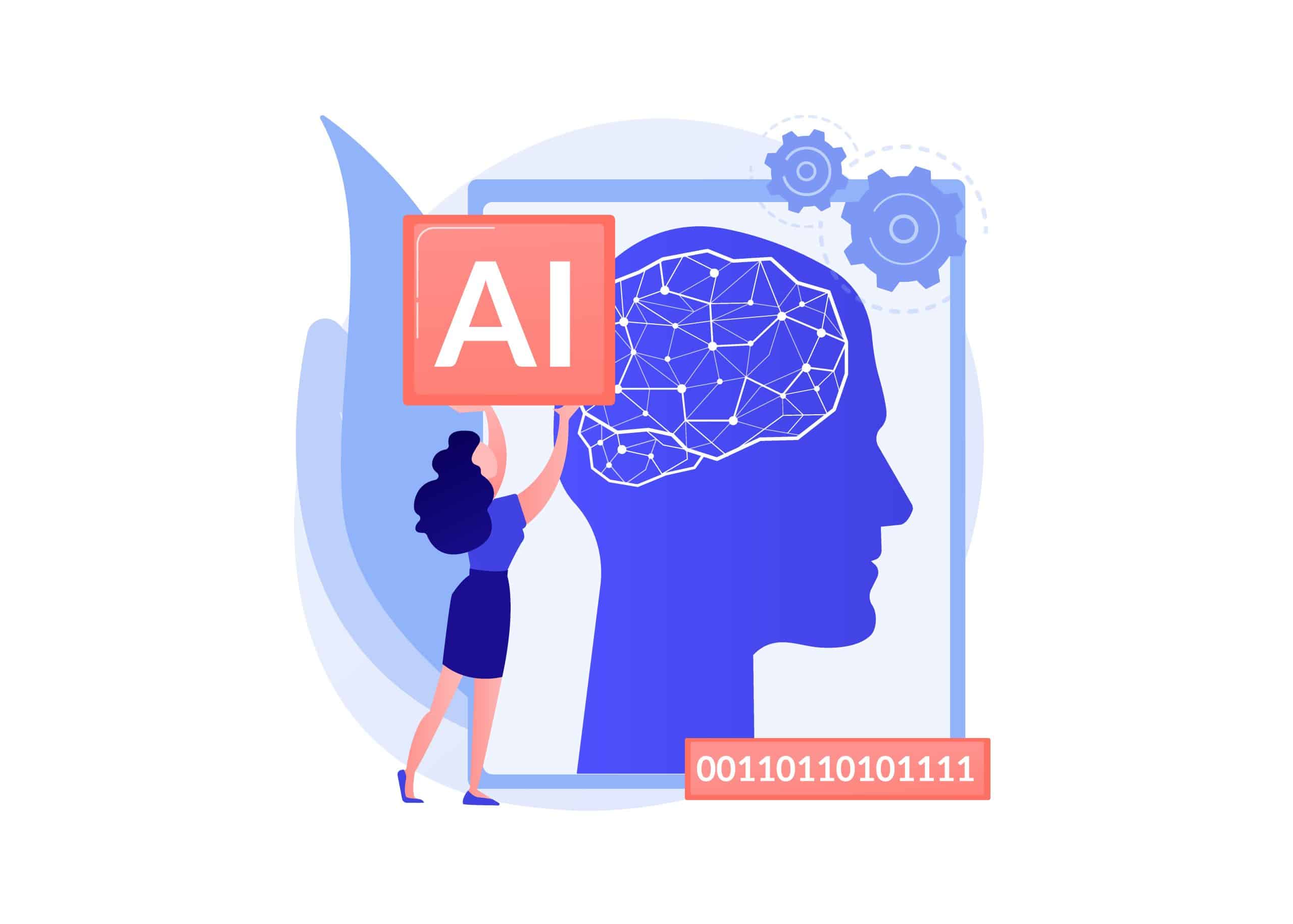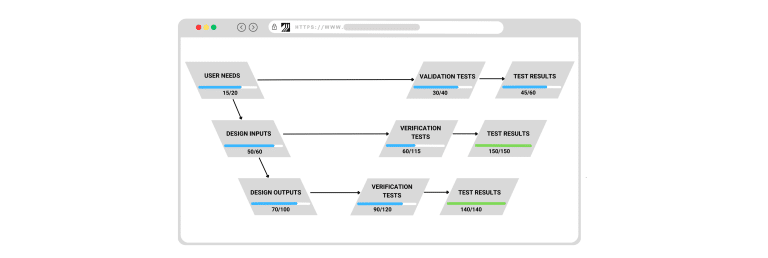The future is Now: Artificial Intelligence and Quality Management
The emergence of artificial intelligence (AI) has the potential to revolutionize industries and sectors around the world, and quality management is no exception. Quality management is a critical function in any organization, as it focuses on ensuring that products and services meet or exceed customer expectations. AI technologies can help organizations improve their quality management processes, reduce costs, increase efficiency, and manage risks.
5 ways AI can help with quality management:
Predictive maintenance: AI can help organizations to predict and prevent equipment failures, reducing downtime and the cost associated with repairs. With the help of sensors and machine learning algorithms, AI can monitor the health of equipment and predict when maintenance is required, minimizing the risk of costly breakdowns.
Root cause analysis: AI can analyze data from different sources to identify the root cause of quality issues, reducing the time required to troubleshoot problems. AI can help organizations to identify patterns and trends in data, providing insights that would be difficult to uncover using traditional methods. This can help organizations improve their products and services and reduce the risk of quality issues.
Quality control: AI can help organizations to monitor and control the quality of products and services in real-time. Algorithms can identify defects and anomalies, minimizing the risk of defective products reaching the end customer. This, in turn, can increase customer satisfaction and significantly reduce the cost of rework.
Process optimization: AI can help organizations to optimize their quality management processes. By assessing data from different sources, AI can identify opportunities to reduce waste, improve efficiency, and streamline processes.
Supplier quality management: AI can help organizations to manage supplier quality. AI tools can identify suppliers who are consistently delivering high-quality products and services and those who are not meeting expectations. This can help organizations to make informed decisions about their suppliers, reducing the risk of quality issues.
Managing Risk using AI tools.
AI can also play a significant role in managing risk in various areas.
Predictive analytics: AI can analyze data to identify potential risks and predict their likelihood of occurring. This can help organizations take proactive measures to mitigate those risks before they become significant issues.
Real-time monitoring: AI can monitor data from various sources in real-time to identify potential risks as they occur. This can help organizations respond quickly to mitigate those risks and prevent them from escalating.
Quality control: Similar to its role in ensuring the quality of products and services, AI can help organizations identify quality issues before they become significant risks. By interpreting data and identifying defects and anomalies in real-time, AI can help organizations take proactive measures to prevent those issues from becoming risks.
Supplier risk management: AI can help organizations manage risks associated with suppliers. By identifying suppliers who are not meeting expectations, AI can help organizations take proactive measures to mitigate those risks.
Using AI in your Business.
It’s important to note that the implementation of AI in quality management and risk management is not a “set-and-forget” strategy. It requires careful planning and consideration, as with any new technology. Organizations must ensure that they have the necessary infrastructure and resources in place to support AI initiatives and that they are taking appropriate measures to ensure data privacy and security.
With the right approach, AI can help organizations to improve their quality management processes, manage risks, and achieve their quality management objectives, delivering significant benefits for both the organization and its customers.
QMS Software and AI
Using a quality management system (QMS) software product that either incorporates AI technology or operates in a complementary way can provide even greater benefits for businesses compared to traditional QMS software. Here are some ways that AI-powered QMS software can produce an even better outcome for businesses:
Improved accuracy and consistency: AI-powered QMS software can help to improve accuracy and consistency in quality management processes. By automating tasks and analyzing data with machine learning algorithms, AI can reduce the risk of human error and ensure that quality management processes are consistent and standardized across the organization.
Faster problem-solving: AI-powered QMS software can help businesses to solve problems faster. By identifying patterns and trends in data and providing insights, AI can help businesses quickly identify the root cause of quality issues and take corrective action. This can reduce the time required to troubleshoot problems and minimize the impact on customers.
Better decision-making: AI-powered QMS software can help businesses to make better decisions. By analyzing data and providing insights, AI can help businesses to identify opportunities for improvement and make data-driven decisions. This can help businesses to reduce costs, improve efficiency, and increase customer satisfaction.
Personalized recommendations: AI-powered QMS software can provide personalized recommendations for businesses. By gathering data from different sources, AI can provide customized recommendations based on specific business needs and goals. This can help businesses to optimize their quality management processes and achieve their objectives more effectively.
Continuous improvement: AI-powered QMS software can help businesses continuously improve their quality management processes. By analyzing data and identifying areas for improvement, AI can help businesses to identify opportunities for optimization and make iterative improvements over time. This can help businesses to stay ahead of competitors and improve their products and services over time.
The future of AI and Quality Management
For some time now, the use of a QMS software product has helped businesses to achieve better outcomes than have been possible using manual methods alone. This has given those businesses an advantage over their competitors.
The next phase involves enhancing the benefits of eQMS by augmenting it with AI.
At Momentum we are actively exploring ways in which AI might assist our customers to obtain even greater benefits from using our platform for their Quality Management.
State of Quality Management Survey
Are you facing challenges managing the quality of your products or services? Do you currently have a Quality Management System, but are looking for ways to improve it? Take a few minutes to complete our quality management survey, and identify the pain points in your business.





